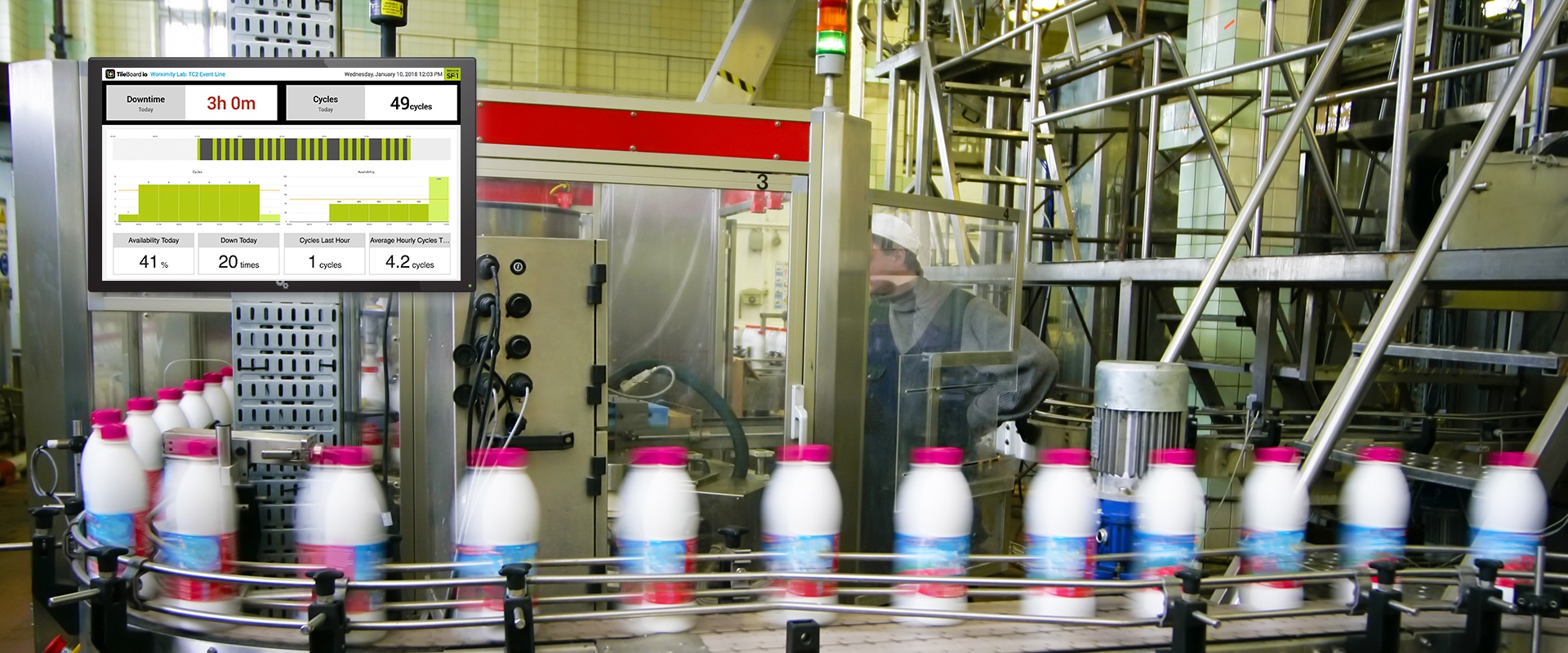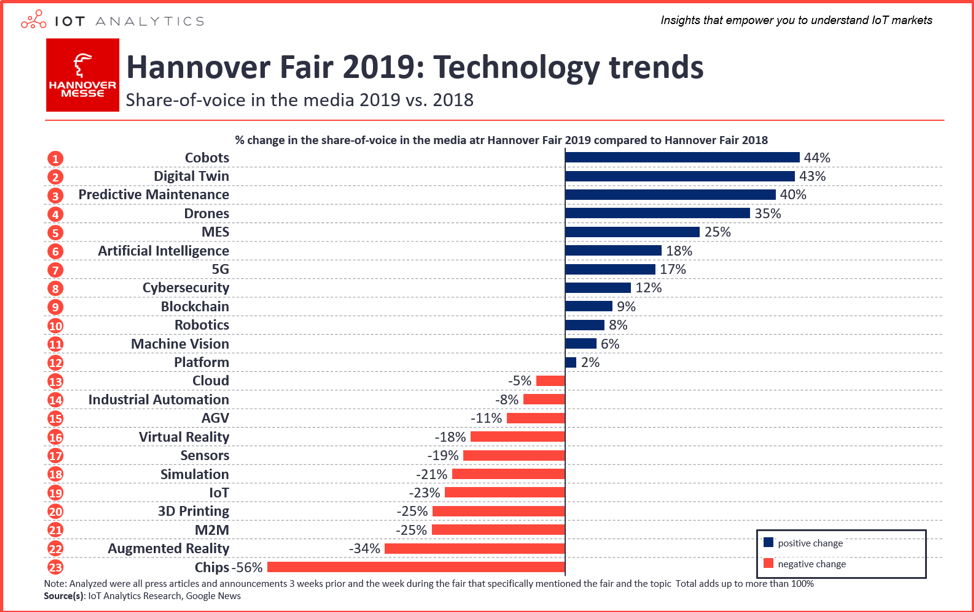An article published on the Process Expo website, the author talked about steam and how it plays a crucial role in industrial processes ranging from food and beverage manufacturing to healthcare, automotive, and beyond. In food processing, steam is used primarily for three purposes. It provides indirect heat. It sterilizes equipment. And it’s used for food applications, such as in an oven to make bread crusty.
This shift toward smarter facilities is particularly evident in the food industry. A recent article inFood Industry Executive highlights two main areas where the IIoT is having the greatest impact:
Food safety. Perhaps the biggest implication of FSMA for processors across the board is the new monitoring and documentation requirements. These might be summed up as “data or it didn’t happen.” We explored the food safety benefits of the IoT earlier this year in an article about wireless temperature monitoring, which allows companies to know exactly what temperatures their products are exposed to across their entire supply chain and distribution channels.
Logistics. This is the area where the IIoT is really ahead of the game. Many food manufacturers are already leveraging machine-to-machine communications to:
- track their inventory in real time,
- monitor system performance to implement proactive maintenance (an approach known as predictive or condition-based maintenance), and
- monitor plant and transport conditions to ensure safety and quality.

SOURCE: http://www.myprocessexpo.com/blog/industry-perspectives/food-processors-gain-steam-with-the-internet-of-things/














